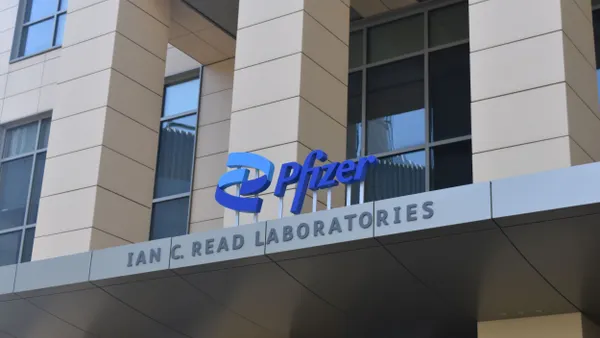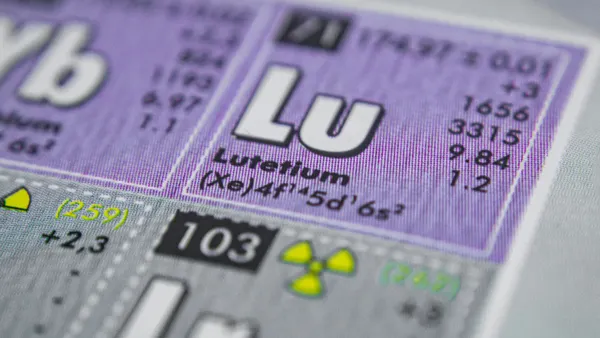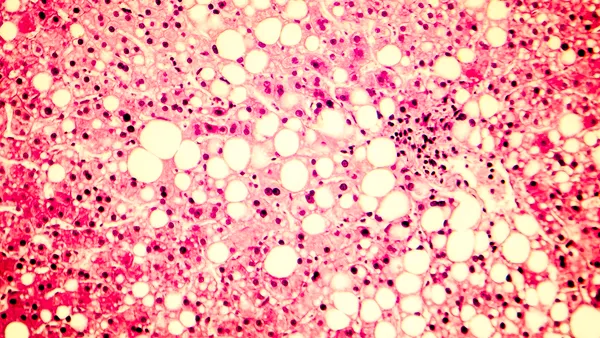IGM Biosciences will scrap its top two drugs and lay off nearly three-quarters of its workforce after reporting study results that fell short of the company’s expectations.
In an announcement Thursday, IGM said it halted development of experimental therapies known as imvotamab and IGM-2644 that were being tested in autoimmune conditions. IGM is doing so after imvotamab failed to deplete B cell counts — its therapeutic goal — as effectively as the company had hoped in early-stage tests in rheumatoid arthritis and lupus.
As a result, IGM will cut 73% of its workforce to preserve cash and begin evaluating “internal options as well as potential strategic alternatives,” a process that can sometimes lead to a sale or merger with a privately held partner. The company had 198 full-time employees as of Sept. 30, according to a regulatory filing, and ended 2024 with about $184 million in cash and investments.
The announcement ends a shift by IGM that was part of a broader trend within the biotech industry over the past year. The company went public in 2019 to develop antibody drugs for cancer. But like many of its peers, the company in 2024 shifted to autoimmune disease research following academic data showing how cellular medicines could treat inflammatory conditions like lupus.
IGM was one of several biotechs trying to prove that dual-targeting antibody drugs called T cell engagers are similarly effective, but more practical. These companies, including Cullinan Therapeutics and startup Candid Therapeutics, are developing medicines that simultaneously target immune cells as well as B cell surface proteins, like CD19 and BCMA. Imvotamab and IGM-2644 targeted CD20 and CD38, respectively, which are also expressed on B cells.
Prior to IGM’s initial study data, some Wall Street analysts were optimistic. In a report last February, RBC Capital Markets analyst Brian Abrahams noted how early preclinical and clinical data suggested imvotamab could be “comparable or even superior” to rituximab — an approved CD20-targeting therapy for rheumatoid arthritis — at eliminating B cells.
“We believe there is good evidence the drug meaningfully depletes B cells, which is key,” Abrahams wrote.
However, in a statement Thursday, CEO Mary Beth Harler said the “depth and consistency of B cell depletion” in imvotamab’s studies were “insufficient to meet our high bar for success.”
IGM is terminating development of IGM-2644 as well due to “strategic considerations,” she said in the statement.















